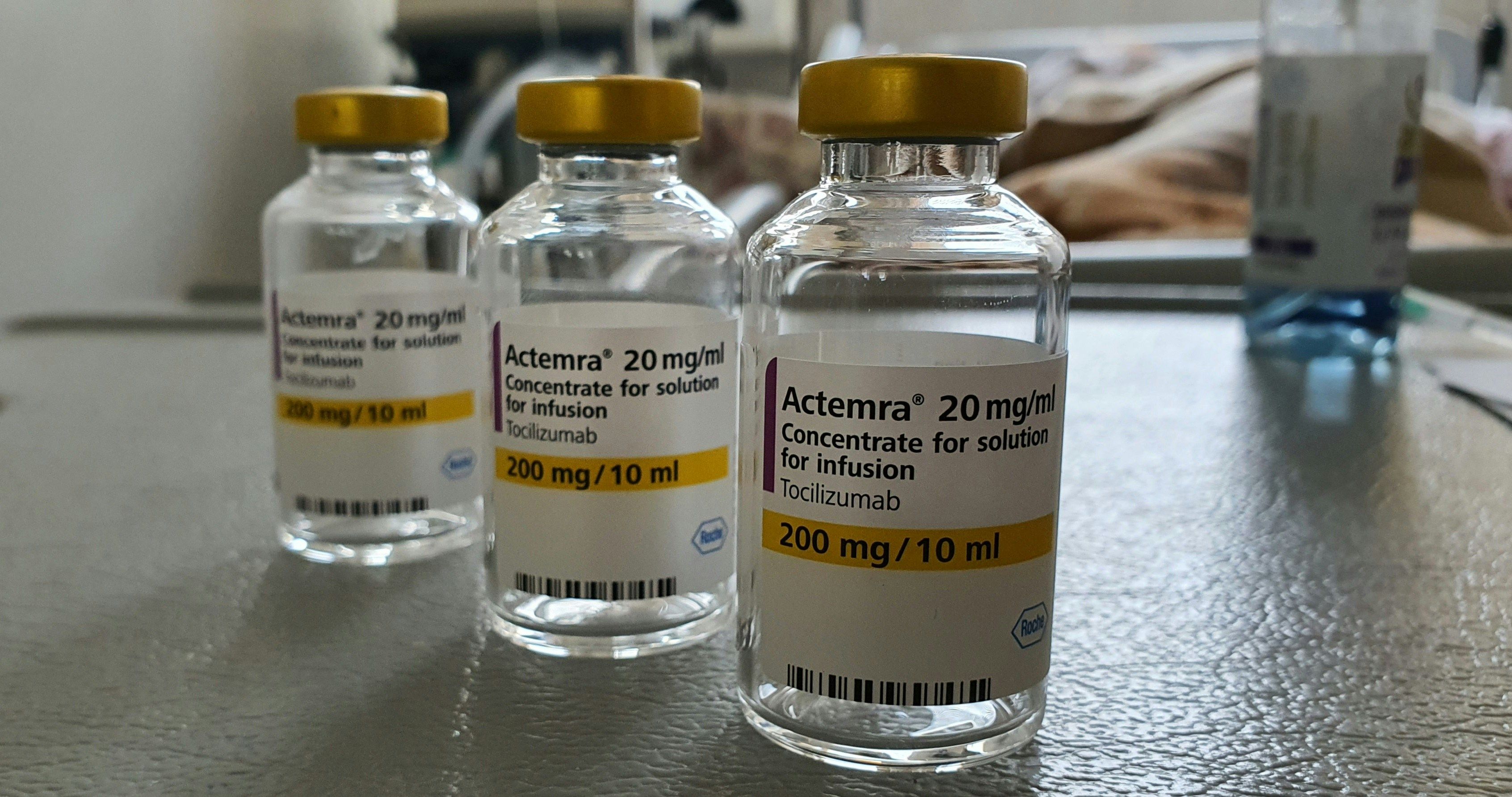Uveitis Risk May Be Higher After COVID-19 Vaccination
Though a rare side effect, investigators observed a link between COVID-19 vaccine shots and an increased risk of uveitis.
By
Connor Iapoce
| Published on August 19, 2024
5 min read

A recent study showed a link between COVID-19 vaccination and increased risk of uveitis. Even more interestingly, both vaccine type and post-vaccination period factors seem to influence said risk of developing uveitis.
The new study from investigators at Hanyang University Seoul Hospital in South Korea showed that indicating more than half of their ophthalmology department's uveitis incidences occurred shortly after COVID-19 vaccination. Additionally, all four vaccine types were correlated with increased risk after the first dose.
“These results emphasize the importance of vigilance and monitoring for uveitis in the context of vaccinations, including COVID-19 vaccinations, particularly in individuals with a history of uveitis,” wrote the investigative team, led by Seong Joon Ahn, MD, PhD.
Vaccines, including recombinant messenger RNA (mRNA) vaccine, adenovirus vector-based vaccine and inactivated vaccines, designed to prevent the effect and spread of the COVID-19 pandemic virus, received emergency use authorization from global regulatory agencies during 2021 and 2022. Though very rare, a number of eye-based adverse events have been reported after vaccination, including uveitis and retinal vascular occlusion. That said, investigators have not evidenced that the conditions are being caused by the vaccines.
Among those with a history of uveitis, it is crucial to understand the risk of COVID-19 vaccination on uveitis, particularly its effect on the recurrence of the disease.
Ahn and colleagues noted the timing of vaccine administration and postvaccination is important for a comprehensive understanding of the temporal association between COVID-19 vaccination and uveitis. The team assessed the Korean National Health Insurance Service (NHIS) and Korea Disease Control and Prevention Agency (KDCA) databases, including data on approximately 500,000 individuals with a history of uveitis and their vaccination details.
The retrospective, population-based cohort study included individuals with uveitis, diagnosed between January 2015 and February 2021 in South Korea. After the exclusion of those without COVID-19 vaccination or with SARS-CoV-2 infection, the analysis included individuals with a history of uveitis had received ≥1 dose of a mRNA (BNT162b2 [Pfizer-BioNTech] or mRNA-1273 [Moderna]) or adenovirus vector-based (ChAdOx1 [AstraZeneca] or Ad26.COV2.S [Janssen]) COVID-19 vaccine.
A diagnosis of uveitis was categorized by onset (early, within 30 days, or delayed) and type (anterior or nonanterior). Overall, the study population included 473,934 individuals with documented COVID-19 vaccination.
Upon analysis, the cumulative incidence of postvaccination uveitis was 8.6 percent at three months, 12.5 percent at six months, and 16.9 percent at one year, with most individuals experiencing anterior uveitis type. Overall, Ahn and colleagues identified an increased risk of uveitis in the postvaccination period.
An investigation into early- and delayed-onset postvaccination uveitis demonstrated a higher risk in the early-onset period, but the risk was maintained in the delayed-onset period, compared with prevaccination periods.
Specifically, those who received the Pfizer-BioNTech vaccine, Moderna vaccine, AstraZeneca, and Janssen vaccines experienced the highest uveitis risk in the early-onset postvaccination period.
In an editorial accompanying the findings, Nisha R. Acharya, MD, MS, F.I. Proctor Foundation, University of California, San Francisco, noted these findings add to the evidence on potential risks of ocular inflammation stemming from COVID-19 vaccination and prove the utility of population-based retrospective study designs in evaluating vaccine-associated events.
However, Acharya also pointed to the inherent limitations of the study design, including reliance on diagnostic coding for a uveitis outcome, not accounting for the healthy vaccine bias, and a lack of contextualization on the greater risks of being unvaccinated for COVID-19.
“As long as investigators account for the inherent limitations associated with these methodologies and appropriately interpret findings in the context of comprehensive risk discussions, these studies are foundational in helping to guide clinical decisions relating to postvaccine monitoring, counseling, and risk mitigation,” Acharya wrote.
An original version of this article was published on sister site HCPLive.

